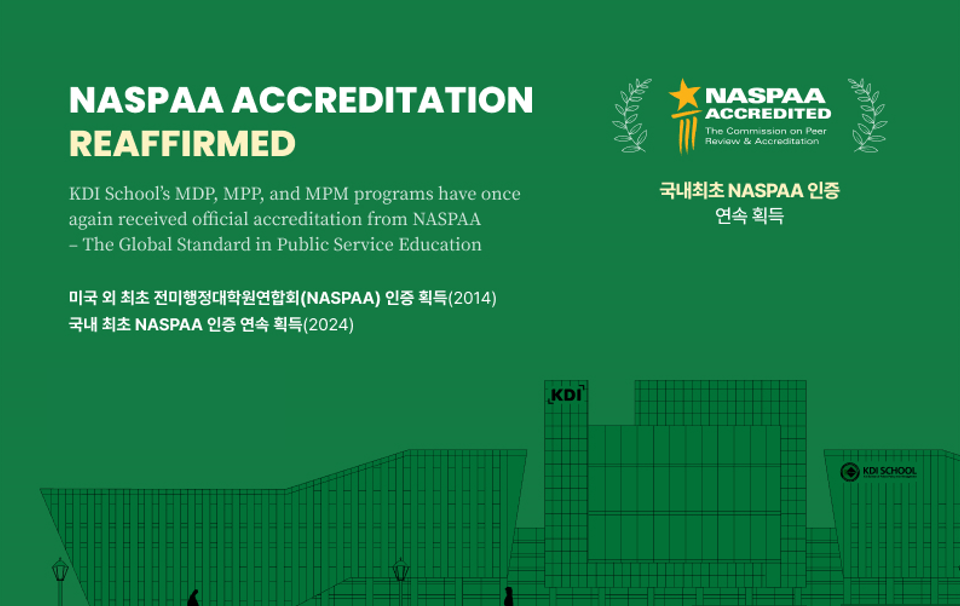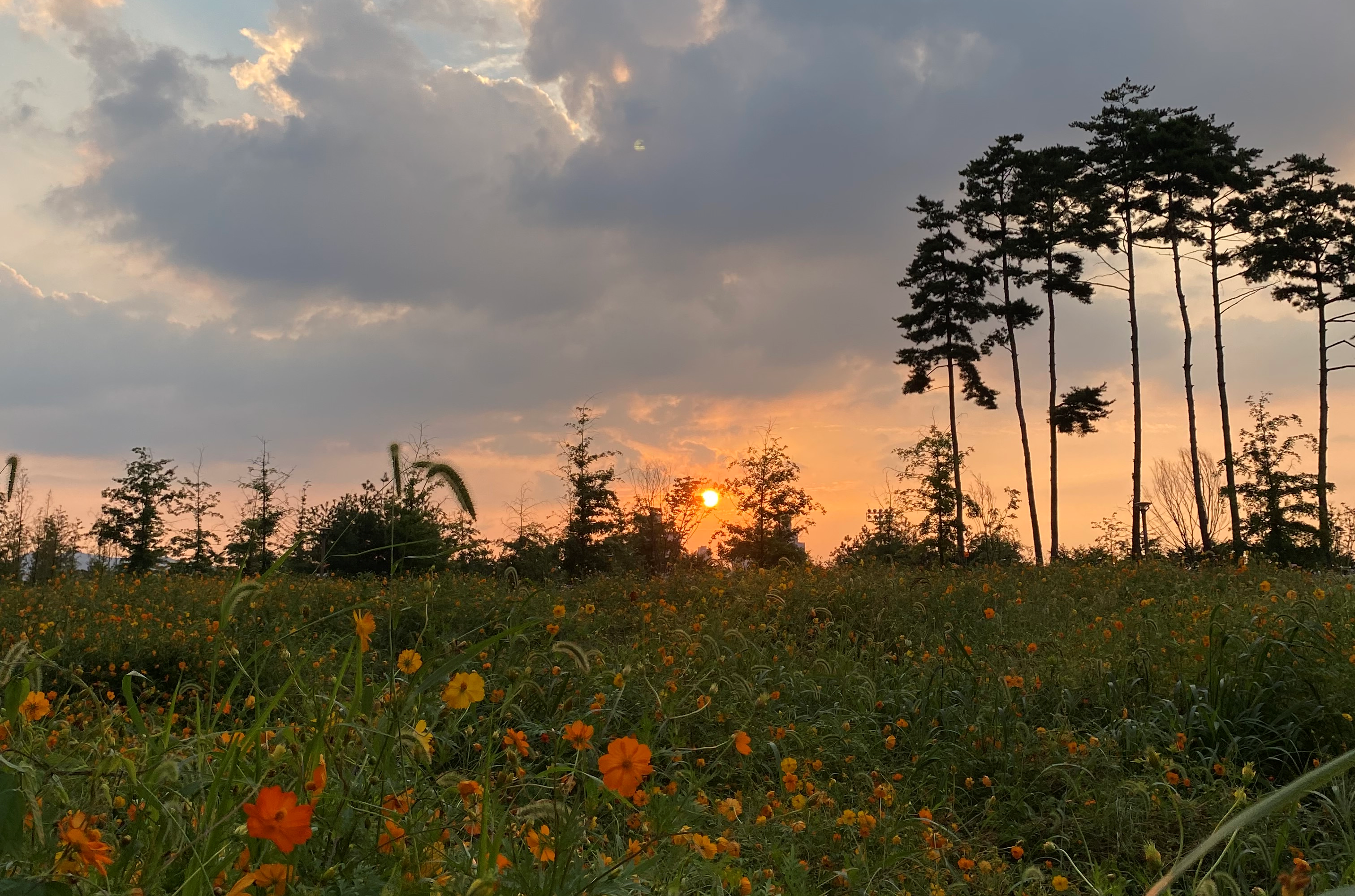
Heightening awareness and interest in conflict management
- Date 2009-08-01 06:40
- CategoryResearch and Education
- Hit1756

The Colloquium Series that the Center for Conflict Resolution and Negotiation (CCRN) organizes and sponsors serves as an excellent venue for various individuals from different sectors of the country to listen to renowned scholars and practitioners in the field of conflict resolution and negotiation. This interdisciplinary public lecture series brings together students
and professors from different universities and employees from government and non-government organizations (NGOs) in Korea, who share a similar interest in conflict management. “Conflict management is a multidisciplinary field which involves urban planning, sociology, psychology, environmental issues, public administration, law, politics, international relations, etc. Hence, in order to enhance the interest level of ordinary citizens, non-governmental organizations (NGOs), students, and professors of all institutions; and to build the culture in the academic field, we invite experts from various academic fields and practices to talk about their experiences in the area,” explained Acting Director Dong-Young Kim. Professor Kim has been supervising the CCRN since August 2008, bringing with him years of intensive experience in environmental management accumulated while studying at Yale University, and a solid background in public policy and environmental planning as largely influenced by the internationally renowned expert in public policy dispute resolution, Prof. Lawrence Susskind of Massachusetts Institute of Technology (MIT). When asked about how the CCRN fits in to KDI School in this present time, the Acting Director explained that “KDI School focuses on training students to be global leaders in the public policy and management sectors, and negotiation and dispute resolution skills are core skills and competencies for such leaders. Particularly, Korea is suffering from a lot of public conflicts. CCRN is contributing to providing salient education and advice on public dispute resolution.”
At the top of his priorities is the establishment of the activities that CCRN does in the areas of education, research, and consultation. CCRN Colloquium series falls under the center’s research agenda. Since April of this year, CCRN had already successfully conducted four colloquium series starting off with a public lecture by Professor Kyong-Dong Kim, a visiting professor at KDI School who is teaching “Development and Social Change in Korea” and “The Future and Development Policy.” During the lecture, he presented his research on “Understanding the Unique Features of Social Conflict in Korea: A Culturalist Interpretation,” which endeavors to explain the unique features of social conflict in Korea in terms of its own cultural vocabulary such as Myongbun (pretext), Nunchi (following the herd), and Ki Content. Shortly after that, the 2nd Colloquium series was held featuring Nan Waller Burnett and Howard R. Broadman, Board Member and Director, respectively of the Mediators Beyond Borders (MBB). MBB is a non-profit organization based in Pittsburgh, Pennsylvania and the lecture was about their vision and their on-going projects world-wide. MBB houses experienced mediators from around the world to further develop competency in conflict resolution and uphold alternative mediation strategies to resolve conflicts arising from political, social, ethnic, economic, and religious differences. Meanwhile, the 3rd Colloquium series was helpful in providing the audience with a better grasp of the issue through a real-life example set forth by Professor Boyd W. Fuller of the Lee Kuan Yew School of Public Policy in his lecture on “Surprising cooperation despite apparently irreconcilable differences: Agricultural water use efficiency and CALFED.”
Professor Fuller talked of the two multi-stakeholder, collaborative processes organized by the CALFED Bay-Delta Program on the issue of efficiency of agricultural water use in Sacramento and San Joaquin, California. The most recent Colloquium series was held last month featuring Professor Jeanne M. Brett, the DeWitt W. Buchanan Jr. Distinguished Professor of Dispute Resolution and Organizations, and Director of the Dispute Resolution Research Center, Kellogg School of Management, Northwestern University. In her lecture, “Culture and Negotiation: Three Models” she proposed a refinement in Brett’s model of culture and negotiation by incorporating the cultural dimensions of trust and mindsets affecting negotiation strategies.
“Not many attend the colloquium series. There were a few, maybe less than ten, composed of students and faculty members,” admitted Acting Director Kim. For this he has some words of encouragement for KDI School to get more involved in the CCRN’s activities, “Conflict resolution skills through negotiation are very important for future leaders in both the private and public sectors, especially in rapidly democratizing or democratized countries. Interest in the skills is just a starting point. Through training and practice, you can own them as your own. It is not like designing computer models or solving equations, but more like an art. I just coined an acronym to represent the three pillars of conflict resolution and negotiation training: ASK. You need to change your Assumptions, and build your new Skills and acquire new Knowledge.”
Since all the training courses that CCRN offers are conducted in the English language, the Colloquium Series serves as a good opportunity for KDI School international students to learn more about the rules of the game of conflict resolution. Moreover, the regular courses that Acting Director Kim offers every semester at KDI School are directly related to what CCRN does in the areas of education and research. Hence, students can register for these regular courses as well to gain more knowledge and polish their skills in the area of conflict management.


By Wendy N. MONTEALTO (MPP 2009, Philippines)
Related News
-
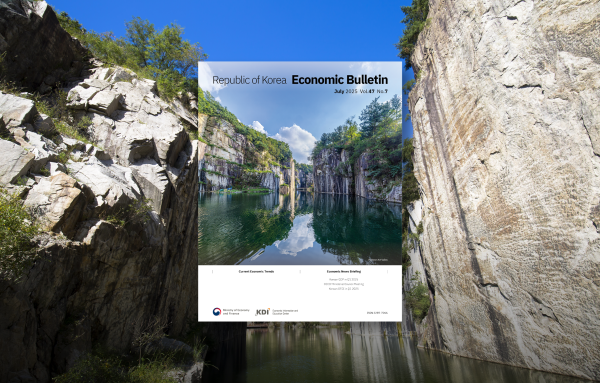
Research and Education11 days ago
Republic of Korea Economic Bulletin, July 2025#KDI #Economic #KDISCHOOL #kdischool #Economic Bulletin #Research
-
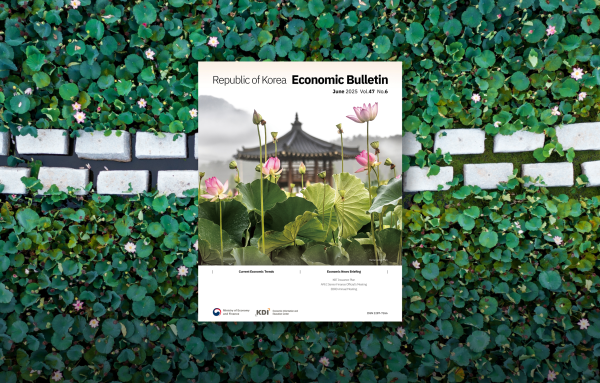
Research and Education39 days ago
Republic of Korea Economic Bulletin, June 2025#KDI #Economic #KDISCHOOL #kdischool #Economic Bulletin #Research
-
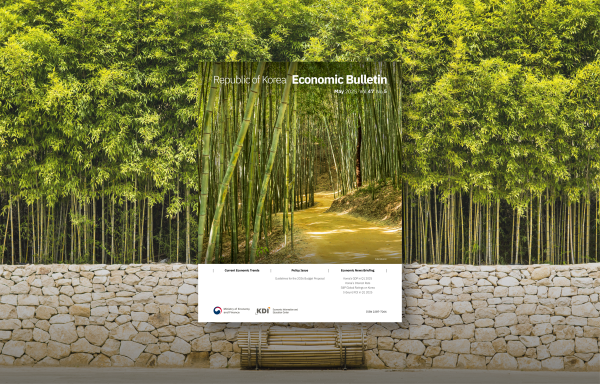
Research and Education73 days ago
Republic of Korea Economic Bulletin, May 2025#KDI #Economic #KDISCHOOL #kdischool #Economic Bulletin #Research

